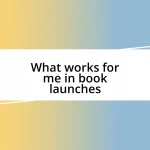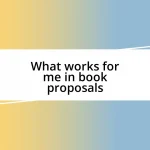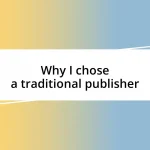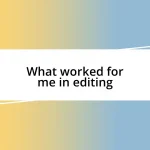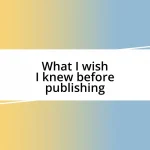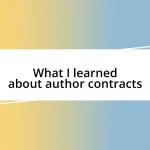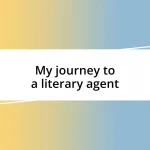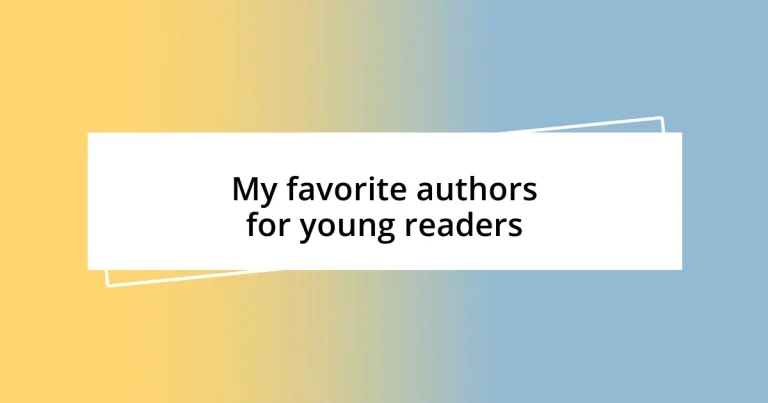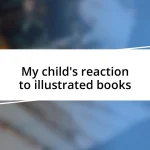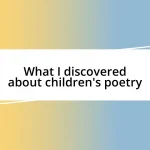Key takeaways:
- Young reader authors craft relatable narratives that connect emotionally, fostering growth and understanding in children.
- Engaging literature encourages imagination, critical thinking, and emotional intelligence, building a foundation for a lifelong love of reading.
- Classic and contemporary authors, including Roald Dahl, A.A. Milne, and Angie Thomas, have significantly shaped children’s literature by exploring themes of friendship, adventure, and social justice.
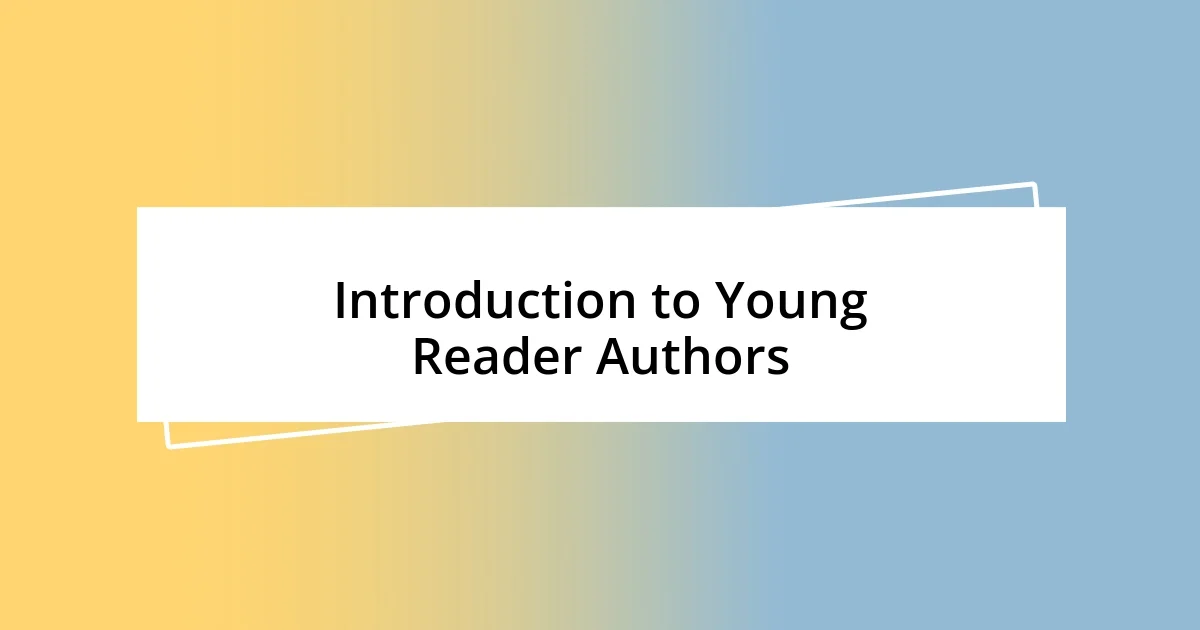
Introduction to Young Reader Authors
When I think about young reader authors, I can’t help but feel that they’re like guides leading young minds into the magical world of stories. These authors craft narratives that resonate with the questions children ask about life, friendship, and adventure. I remember the excitement I felt when discovering a new book that felt like it knew me—doesn’t that kind of connection make reading special?
Each of these writers has a unique way of tapping into the emotions and adventures that are so vital for children’s growth. Their stories often reflect the complexity of childhood, portraying challenges and triumphs in a way that makes young readers feel understood. Have you ever found yourself laughing or even tearing up during a children’s book? That emotional engagement speaks to the heart of why these authors are essential.
Moreover, it’s fascinating how young reader authors often bridge generational gaps through their work. I’ve seen parents and children bond over sharing a beloved book, creating cherished memories that last a lifetime. What is it about a simple story that can bring families together? The ability of these authors to weave relatable characters and themes into their books definitely plays a role in this unity.
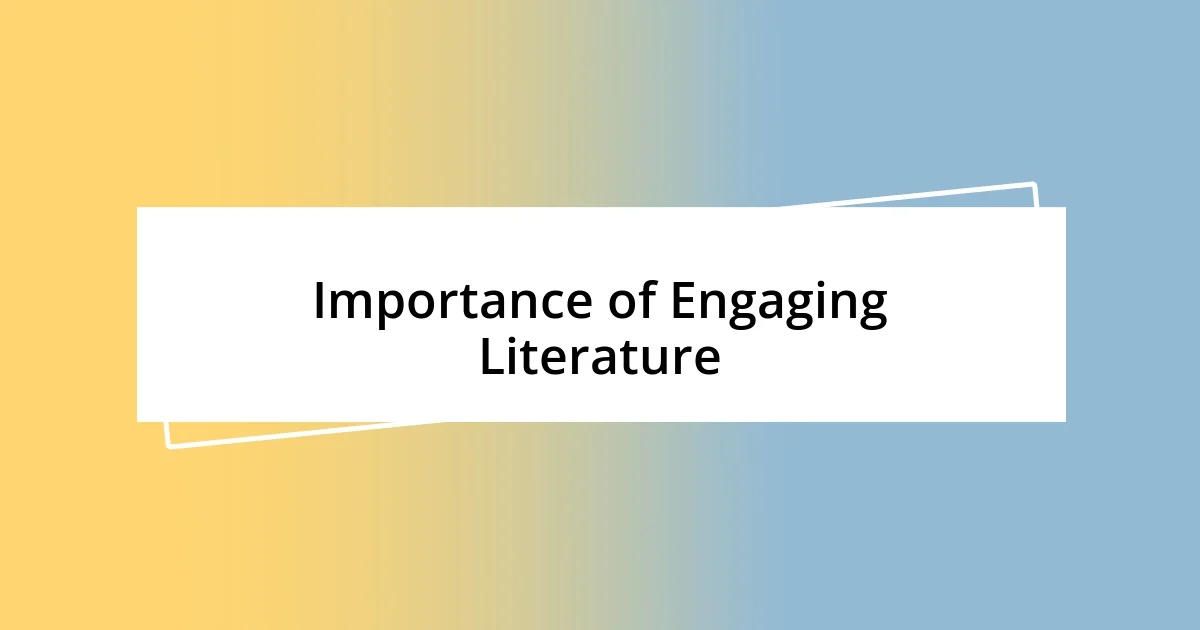
Importance of Engaging Literature
Engaging literature is crucial for young readers as it sparks their imagination and curiosity. I remember being captivated by a story where the characters went on thrilling adventures. That excitement pushed me to discover and explore new worlds on my own. When children connect deeply with a narrative, it encourages them to think critically and empathize with others.
Moreover, stories can serve as a safe space for children to navigate complex emotions. I still recall a book that helped me understand the feelings of loss when a character faced a similar situation. Engaging literature doesn’t merely entertain; it educates and fosters emotional intelligence in young minds. By allowing kids to confront and ponder their feelings through relatable plots, we empower them to express themselves better.
Ultimately, when literature resonates with young readers, it builds their love for reading, setting the foundation for lifelong learning. I cherish the moments spent reading with friends, lost in discussions about characters and their choices. That shared experience drove even further my passion for books, underscoring the power of engaging literature in shaping not just readers but thoughtful individuals.
| Element | Impact |
|---|---|
| Imagination | Sparks creativity and curiosity in young readers. |
| Emotional Understanding | Helps children process complex emotions through relatable characters. |
| Lifelong Love for Reading | Encourages discussion and exploration, fostering a passion for books. |
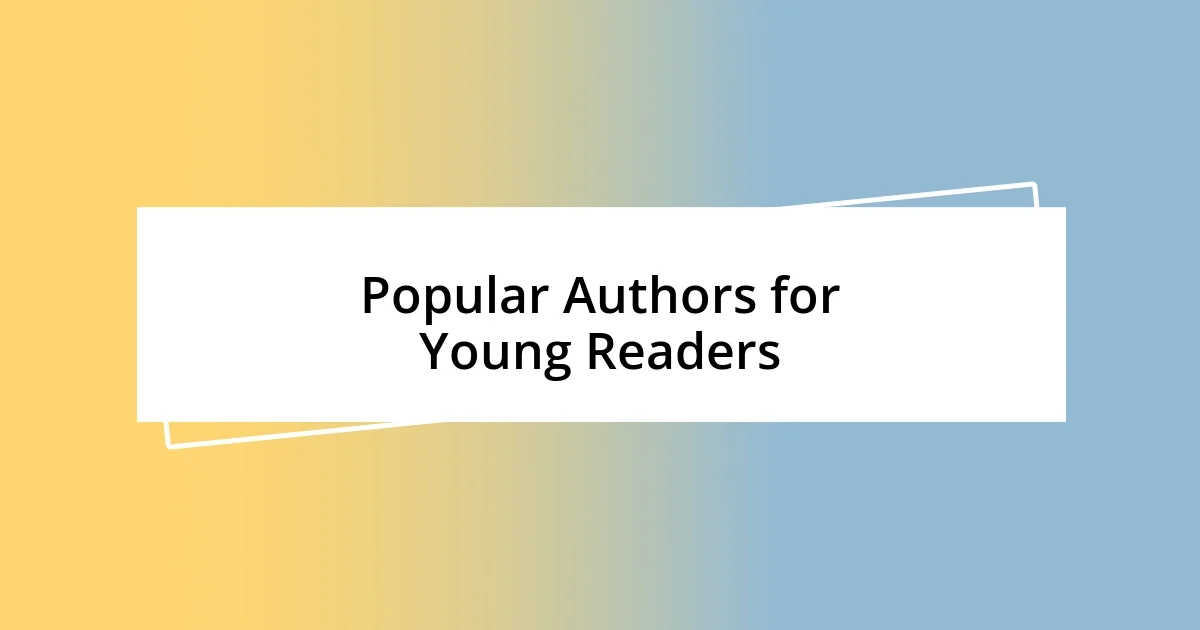
Popular Authors for Young Readers
There’s something truly magical about the authors who capture the hearts of young readers. I still remember curling up with a Roald Dahl book, feeling the thrill of unexpected twists and quirky characters. Authors like him, along with E.B. White, craft stories that linger in the mind long after the last page is turned. Their ability to blend humor and important life lessons keeps readers engaged, encouraging a love for reading from a young age.
Here’s a list of popular authors who have made a significant impact on young readers:
- Roald Dahl: Master of whimsical tales filled with unexpected adventures.
- E.B. White: Creator of beloved stories that explore friendship and loyalty, like Charlotte’s Web.
- J.K. Rowling: Her Harry Potter series has ignited imaginations across generations.
- Shel Silverstein: Known for his playful poetry that resonates with children on multiple levels.
- Kenneth Graham: Author of the enchanting Wind in the Willows, inviting readers into a timeless world of animals and adventure.
Each of these authors has a unique touch, and I find that revisiting their work often feels like catching up with old friends. There’s a sense of nostalgia when I think about discovering new stories that unfolded like a treasure map in my mind. These narratives open up a world where curiosity reigns, and young readers can embark on adventures that stir their imagination.
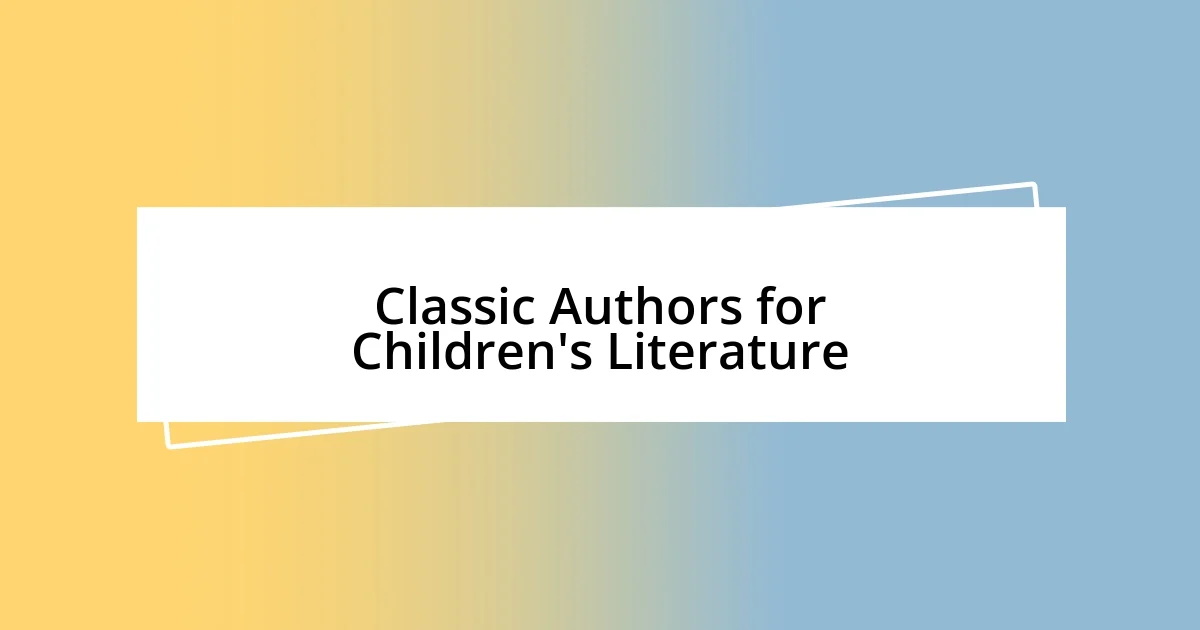
Classic Authors for Children’s Literature
Classic authors have truly shaped the landscape of children’s literature. I vividly remember my first encounter with Lewis Carroll’s Alice’s Adventures in Wonderland. The whimsical characters and absurd situations felt like stepping into a dream. How often do we wish we could escape reality, even for a moment? Carroll’s writing encourages that whimsical escapade and invites young readers to embrace their imagination.
Another author who stands out is A.A. Milne, whose Winnie the Pooh stories resonate beyond childhood. They evoke a sense of warmth and friendship, reminding us of the simple joys found in everyday moments. I often reflect on how Pooh and his friends navigate their enchanting world, teaching lessons of kindness and camaraderie. Don’t you think this highlights how literature can transcend age, sparking genuine feelings of nostalgia in adults too?
Then there’s Frances Hodgson Burnett and her masterpiece, The Secret Garden. I recall the refreshing feeling of discovery as the garden transformed alongside the characters. This story beautifully illustrates how growth—both in nature and in ourselves—can bring joy and healing. Isn’t that a powerful lesson? I believe classic literature’s timeless insights touch our hearts, enabling us to connect with the world on a deeper level.
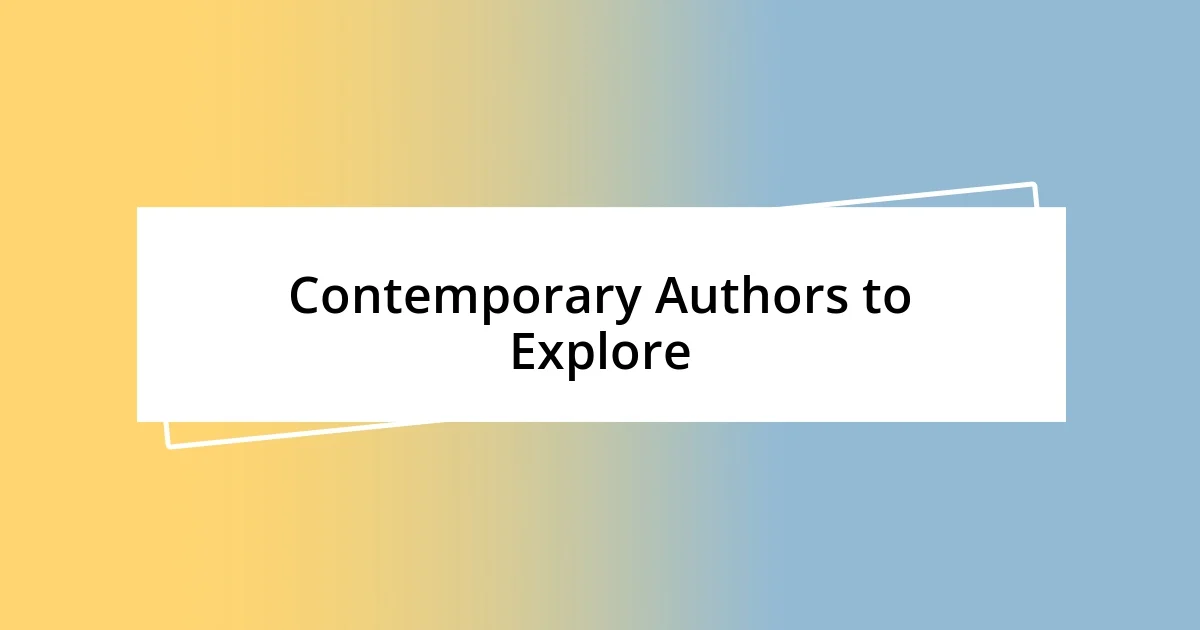
Contemporary Authors to Explore
When it comes to contemporary authors, one of my favorites is Kwame Alexander. His poetry feels like a conversation between friends, drawing readers into the lives of relatable characters with rich inner worlds. I vividly recall reading The Crossover, a story that intertwines basketball and family dynamics—two themes that instantly resonate with young readers. Have you ever experienced a book that captures not just a storyline but a rhythm that dances through your mind?
Another author worth exploring is Rebecca Stead. Her writing in When You Reach Me took me on a delightful journey through time and friendship. The way she weaves elements of mystery with heartfelt emotions makes you question reality while rooting for her characters. I remember pondering the impact of choices while reflecting on my own friendships and the twists they can take. Isn’t it extraordinary how literature can mirror our own lives in such profound ways?
Finally, don’t miss exploring the work of Angie Thomas, especially with her groundbreaking novel, The Hate U Give. Her storytelling is raw and deeply impactful, diving into themes of identity and social justice that are incredibly relevant today. I can’t help but feel my heart race with the urgency of her messages, reminding me of how powerful young voices can be. Have you ever felt inspired to engage with the world around you after reading a book? Thomas beautifully captures that spirit, making her work a vital part of contemporary literature for young readers.
